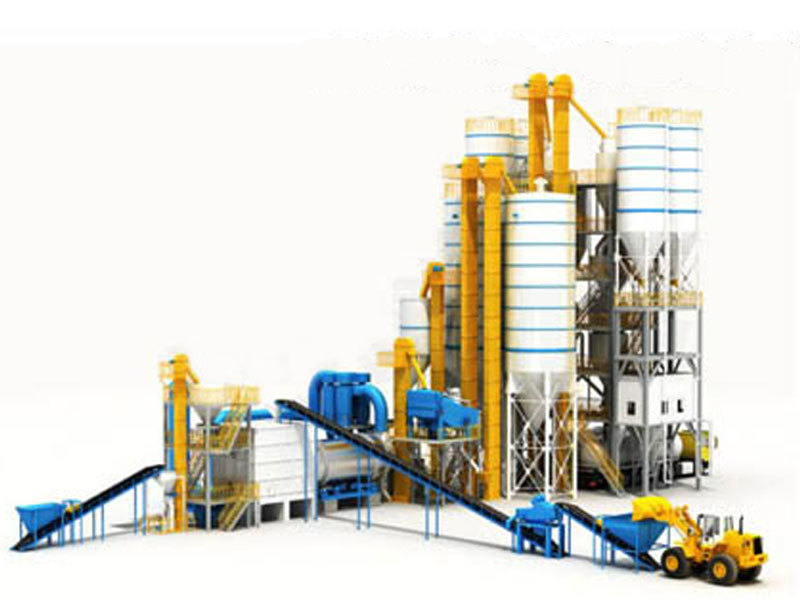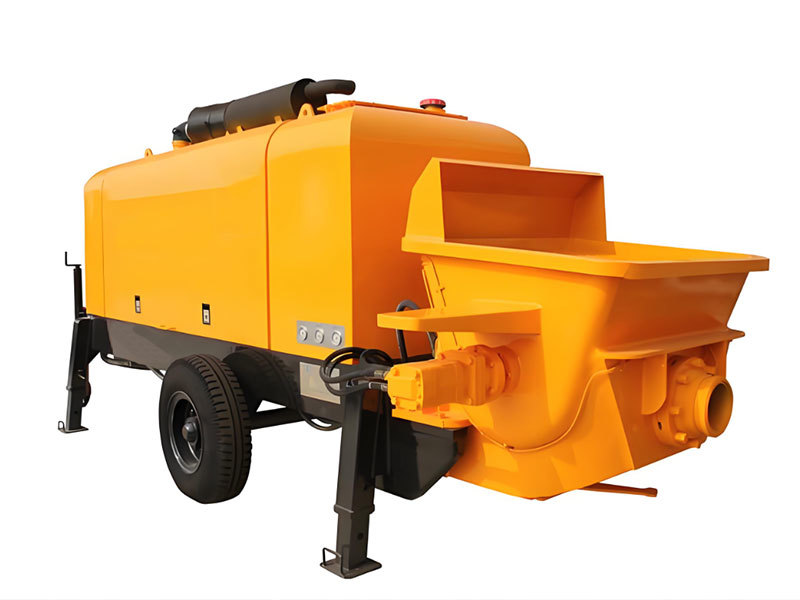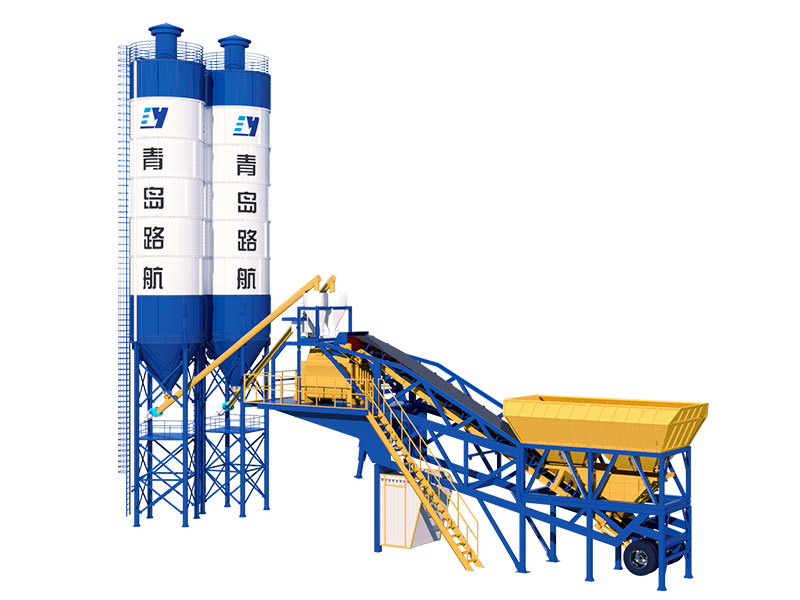Understanding Asphalt Drum Mixing Plants: A Comprehensive Overview
Release time:
Aug 16,2025
Asphalt drum mixing plants are essential machinery in the field of construction, particularly in the production of asphalt for road building and maintenance. These plants are designed to efficiently mix asphalt with aggregates, creating a homogenous mixture that is vital for paving and other applications. The process used in these plants is distinct from that of batch mixing plants, offering sever

Asphalt drum mixing plants are essential machinery in the field of construction, particularly in the production of asphalt for road building and maintenance. These plants are designed to efficiently mix asphalt with aggregates, creating a homogenous mixture that is vital for paving and other applications. The process used in these plants is distinct from that of batch mixing plants, offering several advantages in terms of efficiency and cost-effectiveness.
The primary function of an asphalt drum mixing plant is to continuously produce asphalt mixtures by heating and mixing asphalt binder with aggregates. The drum itself plays a crucial role in this process. Inside the drum, aggregates are fed continuously, while asphalt binder is added at a specific point, allowing for a consistent and uniform mixture. This process not only maximizes productivity but also ensures high-quality output, making it a popular choice in construction projects that require substantial quantities of asphalt.
One of the key advantages of asphalt drum mixing plants is their ability to produce asphalt continuously. Unlike batch mixing plants, which produce asphalt in fixed amounts, drum mixing plants can operate around the clock, significantly increasing production capacity. This continuous operation leads to reduced waiting times for trucks and greater efficiency on construction sites. Additionally, the integrated design of these plants often results in a smaller footprint, making them suitable for compact job sites where space is limited.
Another significant benefit of using asphalt drum mixing plants is the enhanced quality control they offer. The continuous mixing process allows for real-time adjustments to the mixture, enabling operators to fine-tune the asphalt’s properties to meet specific project requirements. This adaptability is essential in ensuring that the final product adheres to the necessary specifications and standards, which can vary depending on the type of project and environmental conditions.
Moreover, asphalt drum mixing plants are generally more energy-efficient compared to their batch counterparts. They utilize advanced technology to reduce fuel consumption and emissions, making them a more environmentally friendly option for asphalt production. This focus on sustainability is increasingly important in today’s construction industry, where minimizing environmental impact is a priority.
In summary, asphalt drum mixing plants are vital players in the asphalt production process, offering significant advantages in terms of efficiency, quality control, and environmental sustainability. Their ability to produce high-quality asphalt continuously makes them indispensable for large-scale construction projects. Understanding the operation and benefits of these plants can help stakeholders make informed decisions in the manufacturing and construction sectors.
The primary function of an asphalt drum mixing plant is to continuously produce asphalt mixtures by heating and mixing asphalt binder with aggregates. The drum itself plays a crucial role in this process. Inside the drum, aggregates are fed continuously, while asphalt binder is added at a specific point, allowing for a consistent and uniform mixture. This process not only maximizes productivity but also ensures high-quality output, making it a popular choice in construction projects that require substantial quantities of asphalt.
One of the key advantages of asphalt drum mixing plants is their ability to produce asphalt continuously. Unlike batch mixing plants, which produce asphalt in fixed amounts, drum mixing plants can operate around the clock, significantly increasing production capacity. This continuous operation leads to reduced waiting times for trucks and greater efficiency on construction sites. Additionally, the integrated design of these plants often results in a smaller footprint, making them suitable for compact job sites where space is limited.
Another significant benefit of using asphalt drum mixing plants is the enhanced quality control they offer. The continuous mixing process allows for real-time adjustments to the mixture, enabling operators to fine-tune the asphalt’s properties to meet specific project requirements. This adaptability is essential in ensuring that the final product adheres to the necessary specifications and standards, which can vary depending on the type of project and environmental conditions.
Moreover, asphalt drum mixing plants are generally more energy-efficient compared to their batch counterparts. They utilize advanced technology to reduce fuel consumption and emissions, making them a more environmentally friendly option for asphalt production. This focus on sustainability is increasingly important in today’s construction industry, where minimizing environmental impact is a priority.
In summary, asphalt drum mixing plants are vital players in the asphalt production process, offering significant advantages in terms of efficiency, quality control, and environmental sustainability. Their ability to produce high-quality asphalt continuously makes them indispensable for large-scale construction projects. Understanding the operation and benefits of these plants can help stakeholders make informed decisions in the manufacturing and construction sectors.
Key words:




